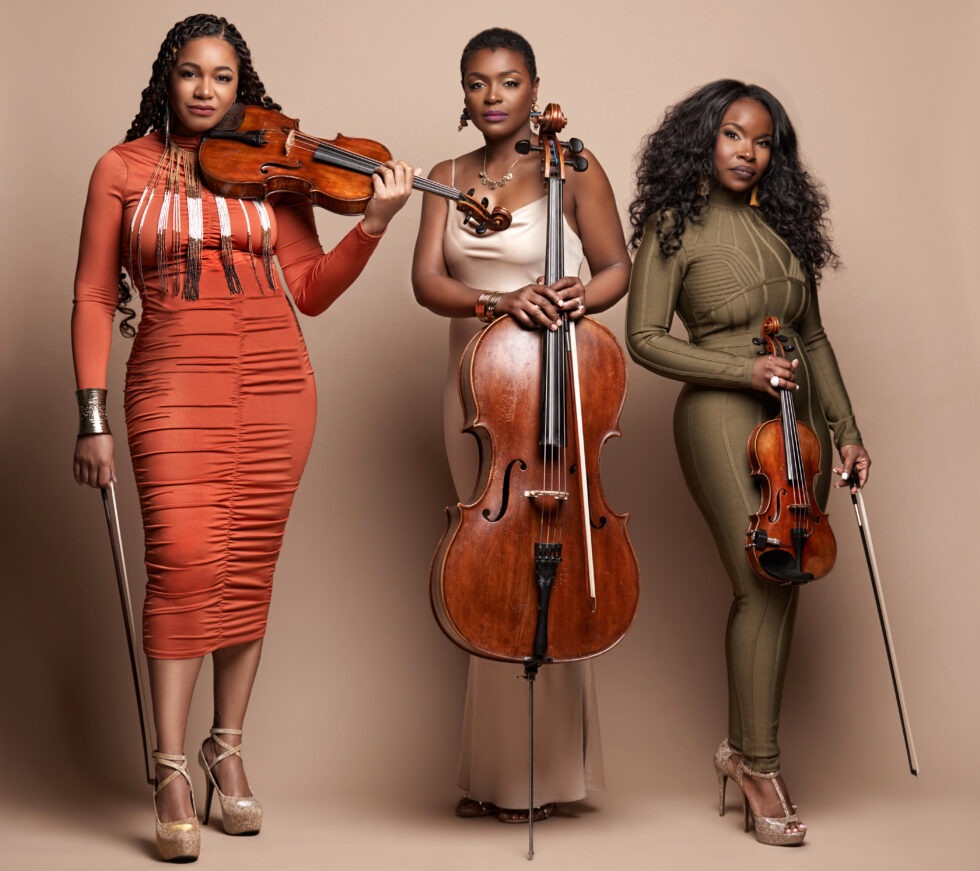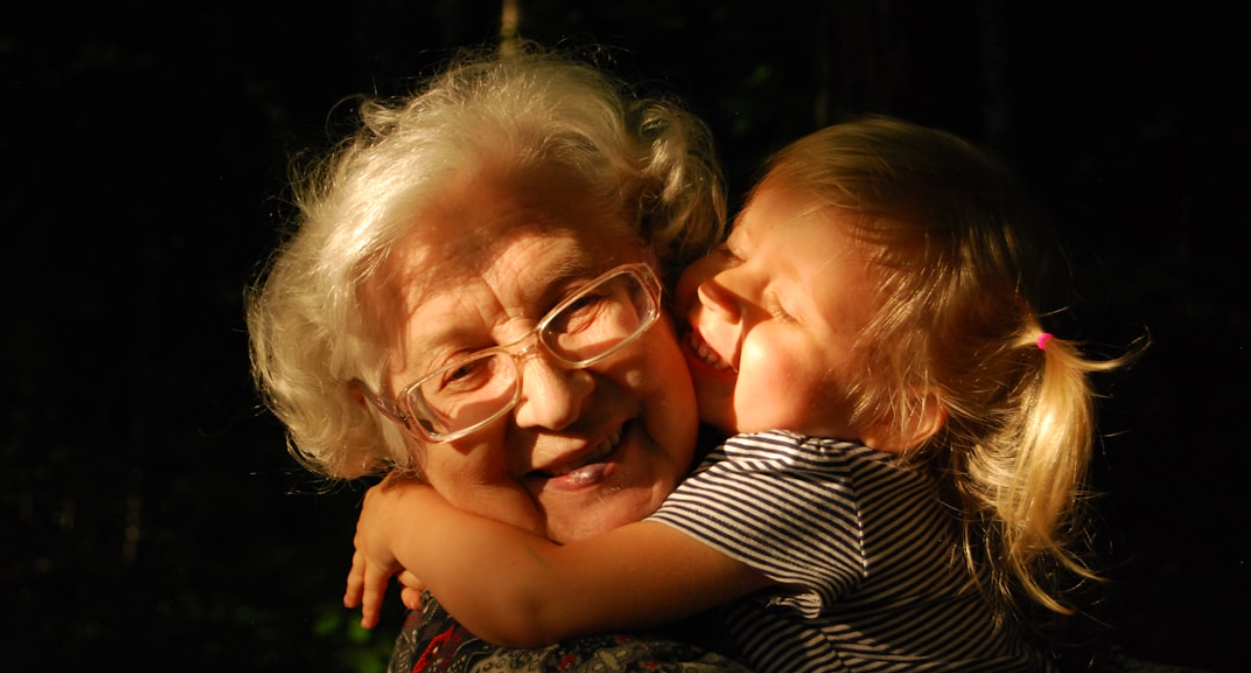
By Adele Uphaus
When she was performing in regional youth orchestras while growing up, it was rare for Kendall Isadore to see another person who looked like her.
“I was always the only one in my all-state orchestra, or one of two,” Isadore said. “It’s hard. We’ve always been the only ones.”
Orchestras throughout the country are still predominantly white spaces. According to a 2016 report released by the League of American Orchestras, Black musicians made up just 2% of professional symphony orchestras.
They are also predominantly male spaces – 63% male and 37% female on average, according to an analysis of the country’s top 20 orchestras.
This split is more dramatic in terms of who leads the orchestra as concertmaster (the leader of the violin section). This role is held by a male 82% of the time, even though the violin section as a whole is 59% female on average.
Isadore plays violin and is one-third of the all-female, all-Black professional music ensemble The String Queens. She says the group – which will perform a free concert at the University of Mary Washington on Friday and host a master class for local music educators on Saturday – is committed to helping change the landscape and introduce more young people to orchestral music.
“There are more young people – Black and Brown people and all kinds of people – who are exposed to string-playing through different genres, so the interest is growing,” Isadore says. “I didn’t have a String Queens growing up. The more we continue to do what we do, the more we’re going to be making deposits everywhere we go – every city, every country. I just wish we could clone ourselves.”
The String Queens – which also includes Dawn Johnson on viola and Elise Sharp on cello – formed in 2017 and played their debut concert at Carnegie Hall. Other career highlights include performing at the inauguration celebrations for President Joe Biden and in a promotional campaign for Wimbledon.
The three women were all music educators teaching in Washington, D.C.-area public and public charter schools. Johnson and Sharp still work by day as elementary and middle school orchestra teachers; Isadore has moved into school administration but still works as a music educator with the String Queens.
The Queens have put together a repertoire that draws from their classical training; their love of jazz, soul and gospel; and their students, who keep them up to date with current music.
“People say we do everything from Baroque to Billboard,” Isadore said. “We literally play it all.”
That’s also part of the work they’re doing to make orchestral music more accessible.
“I’m really excited about where string music playing is going,” Isadore said. “We’re breaking the barriers of this monolithic, ‘it can only sound or look one way’ idea. It makes everybody say, ‘Yeah, I belong here, too.’”
Isadore said the group’s goal is to “inspire diverse audiences to love, feel, hope and imagine.”
“Art is going to be the thing that shifts our culture,” she said. “Art is going to be the thing that saves our world.”





